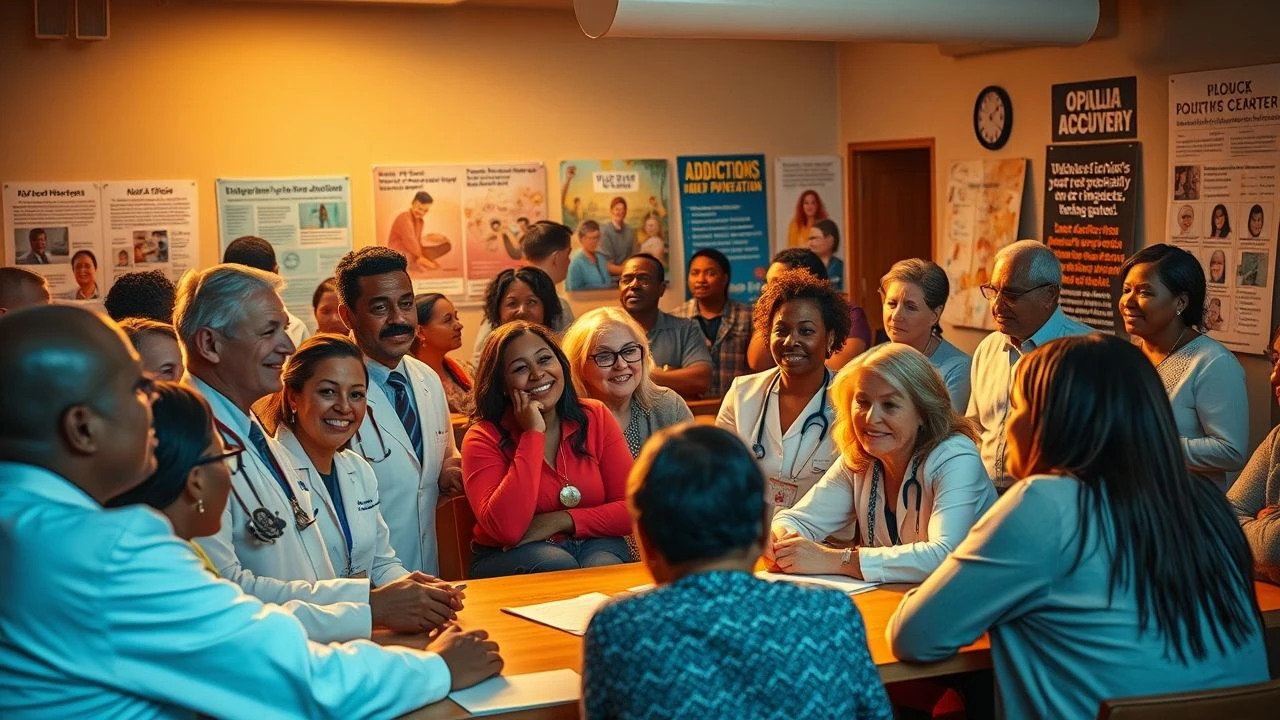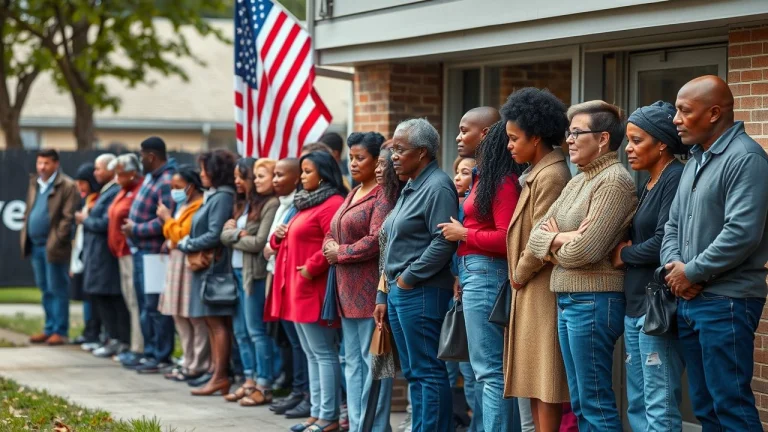
Think of it like this: MAT addresses the physical dependency, whilst counselling tackles the underlying psychological and social factors that fuel addiction. Experts emphasise that a holistic approach offers the best chance of sustained recovery. As Dr. Emily Carter, a leading addiction specialist put it, "MAT isn't just about managing withdrawal symptoms; it's about giving individuals the space and support to rebuild their lives."
Data from organisations such as the CDC and SAMHSA consistently highlight the effectiveness of various treatment modalities. One particularly promising area is community-based initiatives. For instance, the 'Recovery Hub' programme in Manchester has seen a significant decrease in relapse rates among its participants, largely attributed to their integrated approach encompassing peer support, vocational training, and family therapy.
However, merely having these programs isn't enough; ensuring they're accessible – geographically, financially, and culturally – is paramount. This often means increasing funding for public services, tackling the stigma surrounding addiction, and training more healthcare professionals to deliver evidence-based interventions. Only then can communities truly rally against the opioid crisis and offer a united front for treatment and prevention.
Another crucial element is the implementation of harm reduction initiatives, like needle and syringe programmes (NSPs). While sometimes controversial, public health officials maintain that these programmes are an essential component in preventing the spread of blood-borne viruses like HIV and hepatitis C amongst intravenous drug users. Moreover, they often serve as a vital point of contact, connecting individuals with treatment services and support networks. As Dr. Emily Carter, a leading figure in the city's public health department, has stated, "Our goal is not to condone drug use, but to minimise the harm associated with it and offer pathways to recovery. Needle and syringe programmes are evidence-based interventions that save lives and improve community safety."
But collaboration on the ground is only half the battle. We also need effective policy advocacy to drive meaningful change. National advocacy groups are playing a crucial role here, lobbying for policy changes that prioritise treatment and prevention. They're pushing for increased funding for addiction services and working tirelessly to hold pharmaceutical companies accountable for their part in this crisis.
"Policy changes are paramount," says Dr. Emily Carter, a leading expert in addiction policy. "We need to ensure that adequate resources are available for treatment and that those who fuelled this crisis are held responsible."
These advocacy organisations aren't just shouting into the void; they're backing their arguments with solid research and compelling data. Their policy reports highlight the devastating impact of the opioid crisis and propose evidence-based solutions. Legislative actions, informed by these reports, are vital for implementing effective strategies to combat this epidemic and providing pathways for sustainable healing. They also work to tackle the social determinants that drive addiction, such as poverty and lack of opportunity. They seek lasting change by influencing policy and holding those that started the crisis accountable.

Expanding Voting Rights: Legislative Battles for Equitable Access in the US
Affordable Housing Crisis: Advocates Demand Policy Changes to Combat Homelessness and Inequality
Rising Awareness Fuels Advocacy for Mental Health Support
Education Underfunded: Calls Mount for Equitable Distribution and Increased Support for Public Schools
Revamping America's Roads: Ambitious Plans to Modernize U.S. Transportation Infrastructure Take Center Stage
Gun Control in America: Renewed Debates Emerge Amidst Rising Violence